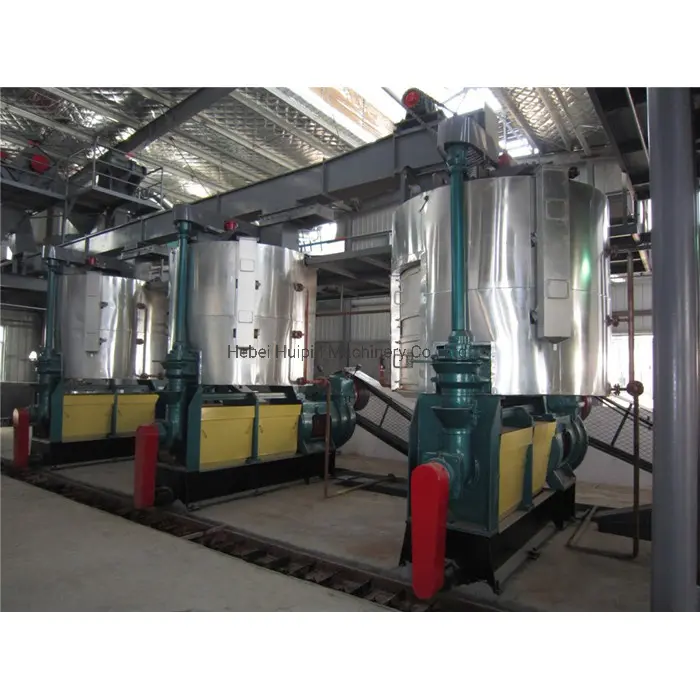Jul . 26, 2024 07:23 Back to list
Exploring the Processes and Innovations in Seed Oil Refining Unit Companies Today
The Role of Seed Oil Refining Units in the Modern Industry
In the contemporary agri-food landscape, seed oil refining units have emerged as critical players, integral to the production of edible oils that cater to both domestic and international markets. These units transform raw seed oils into refined products that are safer, more palatable, and suitable for a variety of culinary uses. This article delves into the operational processes, importance, and challenges faced by seed oil refining companies.
The Refining Process
Seed oil refining involves several essential steps designed to purify crude oil extracted from oilseeds such as sunflower, canola, soybean, and more. The typical refining process can be broadly categorized into degumming, neutralizing, bleaching, and deodorizing.
1. Degumming This initial stage aims to remove phospholipids and other impurities from the crude oil. By adding water or an acid (such as phosphoric acid), these impurities are separated as they become hydrophilic, allowing for their subsequent removal.
2. Neutralizing After degumming, the oil undergoes neutralization to eliminate free fatty acids. This is typically accomplished using an alkaline solution, such as sodium hydroxide, which reacts with the free fatty acids to form soap that can be discarded.
3. Bleaching This step focuses on removing color and odor by using adsorbent materials, like activated clay or carbon. The oil is heated and mixed with these adsorbents, which trap pigments, oxidation products, and other undesired components.
4. Deodorizing In this final stage, a vacuum steam distillation process is employed to remove volatile compounds that impart undesirable flavors and odors. Deodorization ensures that the final product is not only appealing but also retains the nutritional value of the oil.
seed oil refining unit company

Importance in the Market
Seed oil refining companies play a vital role in supplying high-quality edible oils that meet the diverse needs of consumers and food manufacturers. The global demand for refined oils continues to grow, driven by trends toward healthier diets, convenience in cooking, and increased awareness of nutrition. Refined oils can be used in various food applications, from frying and baking to salad dressings and margarine production.
Moreover, the oils produced by these units often undergo additional processing to create value-added products, such as specialty oils, which are specific to culinary traditions or health brands. This diversification not only expands the market opportunities for refining companies but also provides consumers with a range of choices tailored to different dietary preferences.
Challenges and Future Directions
Despite their importance, seed oil refining units face several challenges. Fluctuations in raw material prices due to changing agricultural conditions or global supply chain issues can impact profitability. Additionally, the increasing scrutiny of health and environmental impacts linked to oil production and refining processes poses an ongoing challenge for these companies.
To mitigate these issues, many refining units are investing in more sustainable practices, such as using eco-friendly technologies and sourcing seeds from certified organic producers. Innovations in refining technology, like employing enzymatic processes or membrane filtration, are also being explored to enhance efficiency and reduce waste.
Conclusion
Seed oil refining units are indispensable to the global food industry, ensuring that consumers have access to high-quality, safe, and flavorful oil products. By navigating the complexities of refining processes and responding to market demands, these companies contribute significantly to food security and nutritional health worldwide. As they embrace sustainability and innovation, the future of seed oil refining looks promising, with opportunities for growth in both traditional and emerging markets.
-
Expert Oil Filter Machine Service & Solutions | Quality & Reliability
NewsAug.22,2025
-
LZY-206 Double Screw Cold Oil Press – Maximize Yield, Preserve Nutrients
NewsAug.21,2025
-
Efficient Black Seed Oil Expeller & Multi-Seed Oil Press
NewsAug.19,2025
-
HP 120 Model Cold Oil Press-Hebei Huipin Machinery|Energy Efficiency, Multi-Functionality
NewsAug.18,2025
-
HP 120 Model Cold Oil Press-Hebei Huipin Machinery|Oil Extraction, Multi-Functional
NewsAug.18,2025
-
HP 120 Cold Oil Press - Hebei Huipin | Automation & Efficiency
NewsAug.18,2025
